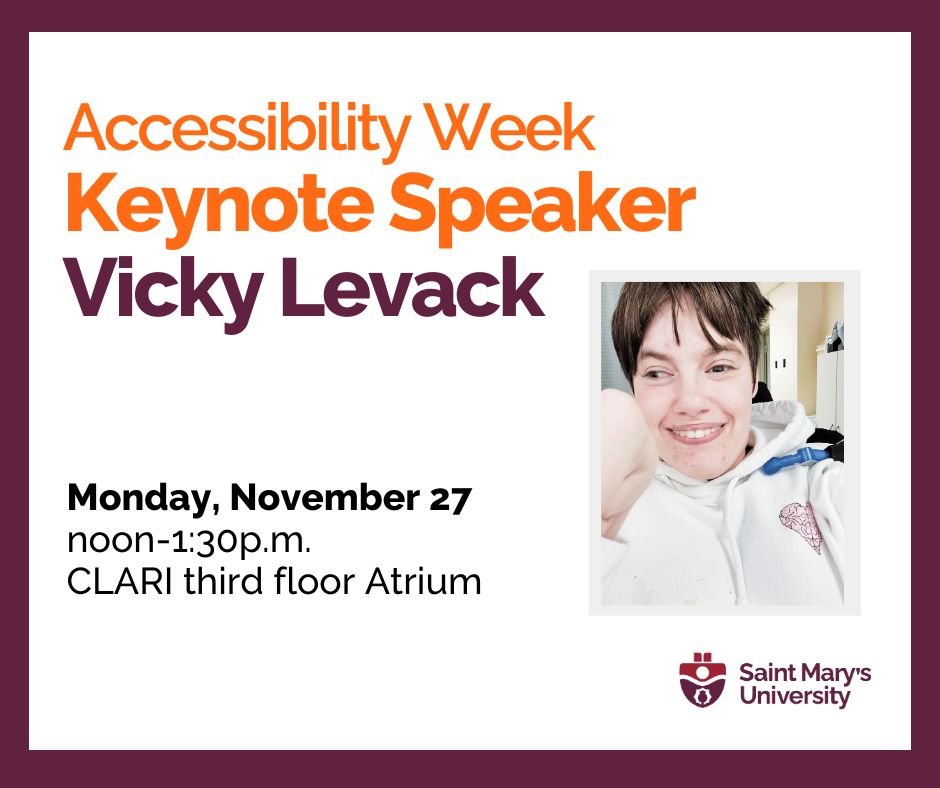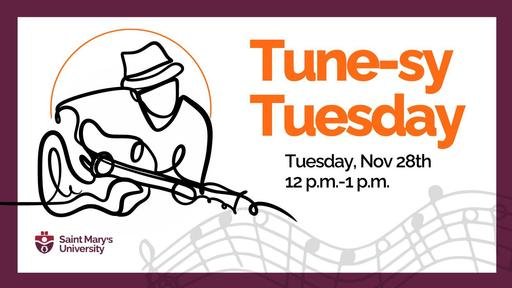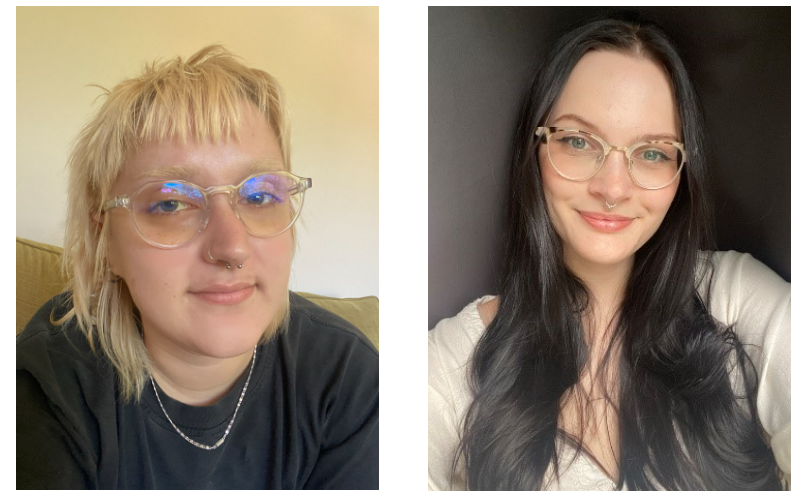Kevin Murphy BComm’92
Kevin Murphy BComm’92, a distinguished advocate for people with disabilities, will be awarded an Honorary Doctorate from Saint Mary’s University during the upcoming Spring Convocation. His significant contributions to public policy and community development have left a lasting impact.
Murphy describes himself as a “serial entrepreneur,” having ventured into diverse fields such as entertainment, publishing, advertising, restaurants, junior hockey, motor coach operations, and disability consulting. His time at Saint Mary’s University opened his eyes to a world of possibilities, inspiring him to become an advocate for accessibility improvements on campus, ensuring that the needs of students with disabilities were met.
Beyond business ventures, Murphy has held management positions with the Canadian Paraplegic Association and the Rick Hansen Foundation. His commitment extends to volunteer work, including executive board positions with organizations like the HRM Advisory Committee for Persons with Disabilities, Metro Transit Access-A-Bus Advisory Committee and Independent Living Nova Scotia. In 2012, he received the Queen Elizabeth II Diamond Jubilee medal in recognition of his dedicated community service.
Murphy’s impact reached new heights when he became the elected Member of the Nova Scotia House of Assembly for Eastern Shore from 2013 to 2021. Serving eight consecutive years as the Speaker, he made history as the first Speaker in the Commonwealth to have a significant disability. His tenure was marked by a commitment to ensuring that the voices of persons with disabilities were heard and represented in elected parliaments.
His gravitas, combined with a delightful sense of humour, allowed him to excel in his role. As the Senior Parliamentary Speaker in Canada, Murphy founded and served as the first Chairperson of the Commonwealth Parliamentarians with Disabilities Network in 2019. This network aims to support and inspire people with disabilities worldwide to seek elected office.
Advocacy on a Global Scale
Since 2022, Murphy has been the Senior Policy Advisor to Canada’s Federal Minister responsible for persons with disabilities. His work spans critical files such as the Accessible Canada Act, the Disability Inclusion Action Plan, the Canada Disability Benefit and Medical Assistance in Dying. Through these roles, he amplifies the voices of persons with disabilities globally, advocating for policies that empower and uplift. Murphy’s commitment extends beyond political office—in 2003, he co-founded The James McGregor Stewart Society, a beacon of advocacy for public policy respecting people with disabilities. The society’s impactful work has touched countless lives, advocating for equal rights, accessibility, and inclusion.
Murphy will receive a Doctor of Civil Law, honoris causa, on Wednesday, May 15. See the convocation program for full details.
President and Vice-Chancellor of Saint Mary’s University, Dr. Robert Summerby-Murray, commends Murphy’s work: “Kevin Murphy’s journey inspires us all. His leadership, advocacy and dedication to disability rights transcend borders, making our world more inclusive and compassionate.”
Currently, Murphy serves as the Federal Director of Disability and Inclusion, where he continues to champion positive change. His legacy reminds us that barriers can be overcome and that every voice matters.
Spring Convocation takes place May 15-17, 2024. Ceremonies will be live-streamed via www.smu.ca/graduation.























